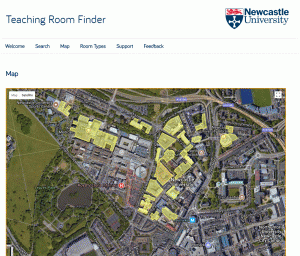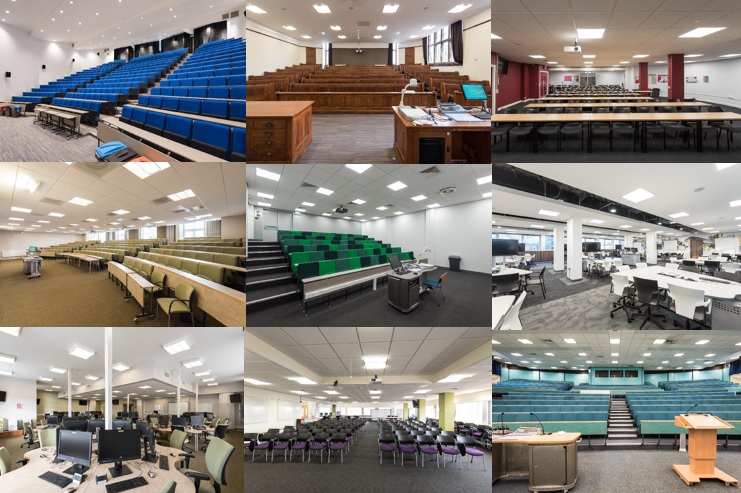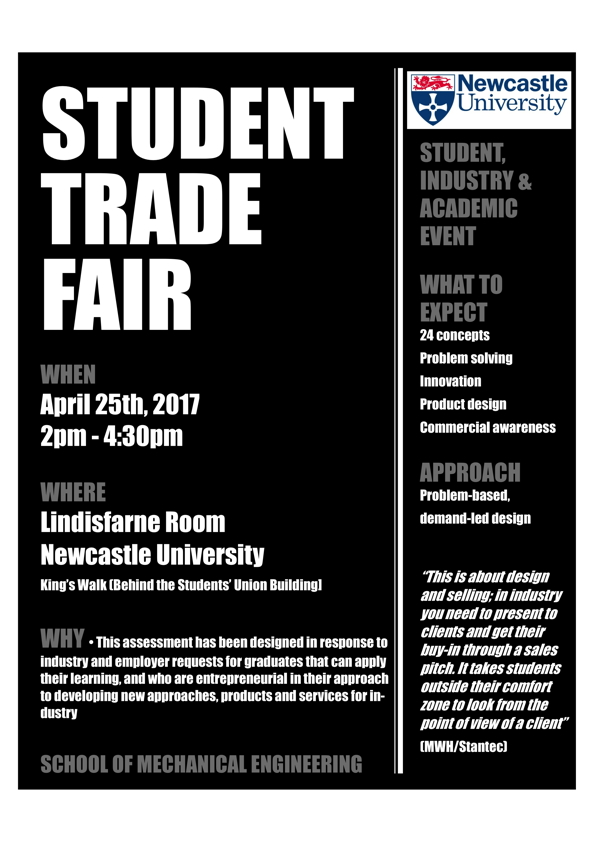The Learning and Teaching Conference 2018 theme has been announced: Education for Life: celebrating partnership, encouraging innovation.
This one-day event will take place Wednesday 21 March 2018, 9am-5.30pm. Read more about the conference theme, find full details of the event and register on the conference webpage.
Call for submissions: extended deadline Friday 19 January 2018
Proposals are welcomed from academic staff, students and Professional Services staff, for individual or collaborative submissions. Further information about the conference theme Education for Life: celebrating partnership, encouraging innovation is available on the conference webpage.
Session formats
All sessions will have a member of LTDS staff allocated to help in advance of the event, who will also be in the session on the day.
Workshops (45 or 60 minutes)
A hands on session to solve a problem, practice something new, showcase a method. Learning by doing. Choose a flat teaching space arranged cabaret style, or a PC cluster.
Presentations (15 minutes)
These sessions will be chaired by a member of academic staff, and wherever possible grouped into themed sessions to enable a short panel discussion and Q&A at the end.
Lightning talks (3 minutes)
A speedy way to introduce a new idea, share an approach, or ask a question. Grouped in themed sessions wherever possible. A chance to meet people doing similar things to you. Several lightning talks will be followed by a Q&A session. You can choose whether or not to use audio visual aids, or you could submit a 3 minute video!
Posters
Posters will be on display all day in the Boiler House. Poster presenters should be available by their poster to answer questions during the lunch break. Delegates will vote on their favourite and a prize will be awarded.
Submit your idea
Complete the call for submissions form to submit your ideas by Friday 19 January 2018.
All submissions will be reviewed by the Learning and Teaching Conference Programme Committee, and session allocations will be confirmed by Wednesday 31 January 2018. We will wherever possible try to accommodate your preferred session, however you may be allocated a different session format, at the discretion of the committee.
Contact
If you have a query email LTDS@ncl.ac.uk
Share the poster
If you have somewhere to put it up you can print out this poster, or use this version to send out to colleagues.





